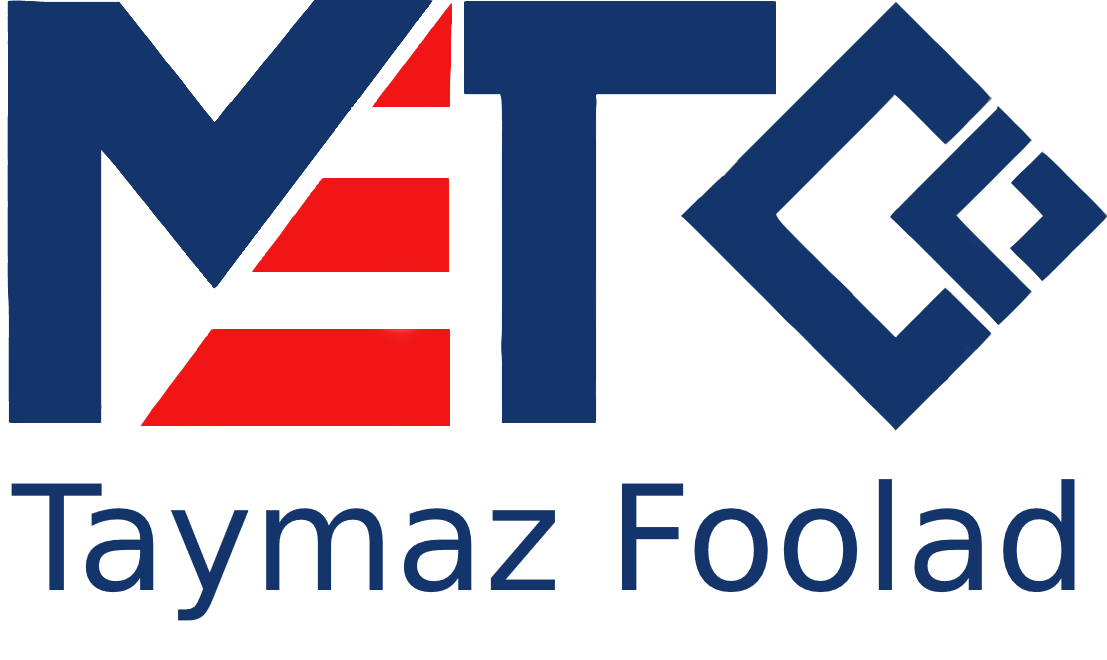Quality Policy
The CEO of Taymaz Foolad Casting Company (Metco) has defined and communicated the ISO9001:2015, ISO14001:2015, and ISO45001:2018 quality management system policies of the company in order to provide direction, focus, and commitment towards the organization's overall plans and strategies for technology advancement.
Quality Policy:
Metco Company, with a customer-oriented approach and sustainable development, has started its activities since 2021 in producing various types of iron and steel parts, while observing technical, quality, and economic principles, with its trained and experienced human resources. It aims to become a leading technology supplier in the field of component manufacturing by focusing on two principles: improving product quality and offering affordable prices to satisfy customers.
As a strategic decision towards organizational strategy, the management of the company has established a quality management system based on ISO9001:2015, ISO45001:2018, and ISO14001:2015 and has set the following objectives as the primary goals of the Timeless Steel Technology Company:
- Valuing human resources as the company's main asset and empowering employees
- Obtain customer satisfaction and trust
- Increase sales
- Identify risks and opportunities in the quality management, safety, and occupational health system and plan for continuous improvement of all processes in the company and evaluate their effectiveness.
- Meet the technological needs of parent industries such as refineries, petrochemicals, power plants, steel, and rail industries in the field of parts.
- Increase efficiency in the organization
- Improve effective communication and efficiency with loyal suppliers
- Improve safety, health, and occupational health of employees and reduce environmental impacts
- Regular planning, continuous and effective action to manage risk
It is expected that for achieving the company's primary objectives, group activities should be performed in optimization of resources, defining and implementing sub-objectives, and presenting plans for achieving goals in various units and processes. It is evident that the company's success is dependent on collective participation and responsibility of all employees to accomplish the mentioned objectives.
